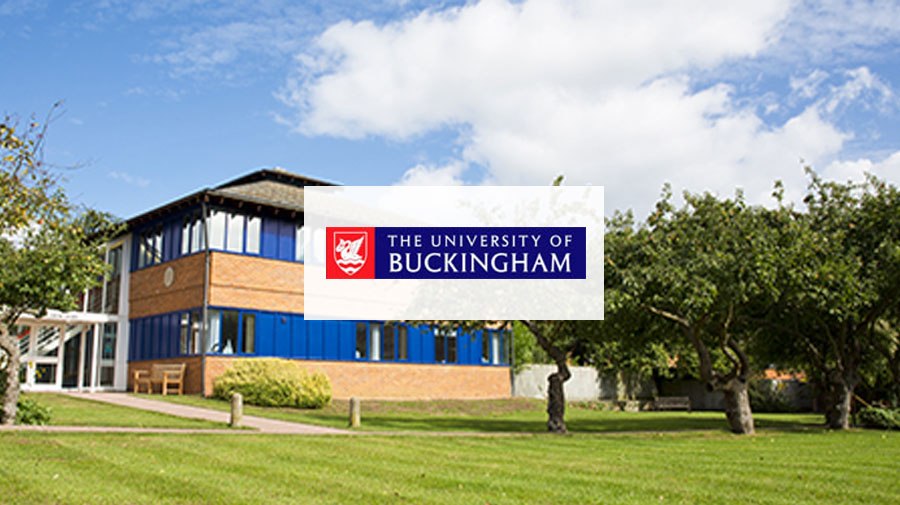-
hello@abroadcube.com
Mail us
-
Call For Help:
98779 83783
-
Whatsapp Us
70090 34921
The underlying philosophy of the Master of Laws program is to develop specialists in the field of International and Commercial Law. The program attracts students from a wide variety of backgrounds with different experiences.
Following successful completion of the LLM in International and Commercial Law, students should have developed a range of skills, which include:
Students can select specific modules to have their LLM designated as specializing in:
| Level | Masters |
| Discipline | Law |
| Duration | 12 months |
| Intakes | Jan |
| Application Fees | GBP 0 |
| Tuition Fees | GBP 15180 |
| Campus | Main |
| Language proficiency (minimum) | |
| IELTS | 6.5 |
|---|---|
| TOEFL | 87 |
| PTE | 59 |
| Duolingo | Not Accepted |
| Exam proficiency (minimum) | |
| SAT | Not Required / Waiver |
|---|---|
| ACT | Not Required / Waiver |
| GRE | Not Required / Waiver |
| GMAT | Not Required / Waiver |
Minimum GPA - 78%
QS Quacquarelli Symonds is the world’s leading provider of services, analytics, and insight to the global higher education sector, whose mission is to enable motivated people anywhere in the world to fulfil their potential through educational achievement, international mobility, and career development.
THE (Times Higher Education) has been providing trusted performance data on universities for students and their families, academics, university leaders, governments and industry, since 2004. We create university rankings to assess university performance on the global stage and to provide a resource for readers to understand the different missions and successes of higher education institutions.
The Academic Ranking of World Universities (ARWU) was first published in June 2003 by the Center for World-Class Universities (CWCU), Graduate School of Education (formerly the Institute of Higher Education) of Shanghai Jiao Tong University, China, and updated on an annual basis
The "Webometrics Ranking of World Universities" is an initiative of the Cybermetrics Lab, a research group belonging to the Consejo Superior de Investigaciones Científicas (CSIC), the largest public research body in Spain. CSIC is among the first basic research organizations in Europe. The CSIC consisted in 2006 of 126 centers and institutes distributed throughout Spain.


